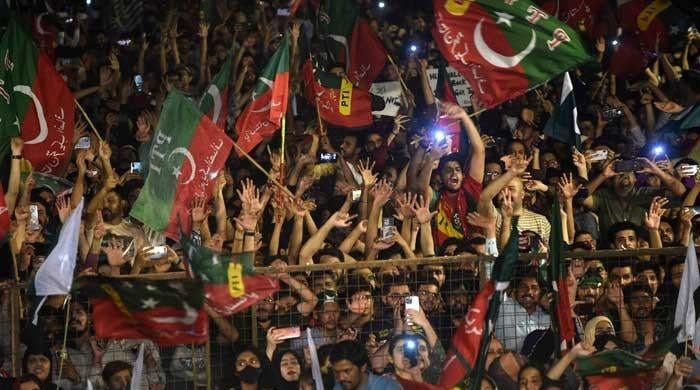For people and international observers alike, it is imperative to comprehend. Pakistan main political parties as the country prepares for yet another momentous chapter in its political history. The political landscape of the nation is dynamic, with numerous parties expressing a wide range of beliefs and viewpoints. We examine the major political figures influencing Pakistan’s political debate in 2024 in this article.
- Pakistan Tehreek-e-Insaf (PTI)
- Muslim League-Nawaz (PML-N)
- Pakistan People’s Party (PPP)
- Muttahida Quami Movement (MQM)
- Jamaat-e-Islami (JI)
1) Pakistan Tehreek-e-Insaf (PTI):
Pakistan Tehreek-e-Insaf (PTI), founded by the charismatic cricketer-turned-politician Imran Khan, became a powerful force in Pakistani politics. In the 2018 general elections, PTI stormed to power on a platform of anti-corruption, socioeconomic reforms, and justice, signaling a dramatic break from the established political dynasties.

PTI is still in charge as of 2024, despite a number of obstacles, including problems with governance and the economy. PTI continues to have a sizable base of support despite criticism, especially from young people and the urban middle class.
2) Pakistan Muslim League-Nawaz (PML-N):
Because of the Sharif family’s heritage, the Pakistan Muslim League-Nawaz (PML-N) is still a significant political force. The PML-N, led by the experienced politician and former prime minister Nawaz Sharif, positions itself as a center-right party that supports business-friendly policies, infrastructural development, and economic growth.

Even with legal and political setbacks—such as accusations of corruption and disputes over leadership—the PML-N still enjoys a sizable following in Punjab, the most populous province of Pakistan.
3) Pakistan People’s Party (PPP):
The Pakistan People’s Party (PPP) was created by Zulfikar Ali Bhutto, who promoted socialist ideas and the rights of the underprivileged. The PPP is led by Bhutto clan scion Bilawal Bhutto Zardari, who continues to enjoy substantial support in rural Sindh and Punjab.

Although the party continues to push for ideals like social welfare, democracy, and human rights, it is criticized for its dynastic politics and mishandled governance during its administrations.
4) Muttahida Quami Movement (MQM):
The urban populace is represented by the Muttahida Quami Movement (MQM), especially in Karachi, the center of Pakistan’s economy. MQM is well-known for taking a firm stand on urban issues and supporting minority rights, urban development, and municipal control. MQM continues to be a major force in Karachi politics, frequently maintaining the balance of power in coalition politics, despite internal divisions and opposition from other parties.
5) Jamaat-e-Islami (JI):
A religious political party called Jamaat-e-Islami (JI) promotes the application of Islamic values to society and administration. JI, especially in Khyber Pakhtunkhwa province, appeals to conservative sectors of the populace with its emphasis on Islamic welfare, social justice, and anti-corruption. JI is vital in influencing discussions on social and religious matters, even though it is not as powerful as some other parties on the national scene.

In conclusion, a wide range of political parties representing a variety of beliefs and interests characterize Pakistan’s political environment in 2024. Even while PTI, PML-N, and PPP still control a large portion of the national stage, minor parties like MQM and JI are still quite powerful in their own regions. These parties continue to play a critical role in determining Pakistan’s future as it navigates political, economic, and social difficulties.

